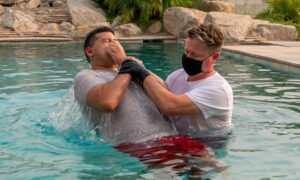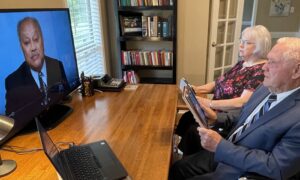Landmark ECHR ruling recognizes right to conscientious objection
The ECHR ruled that states must respect the right to conscientious objection
A landmark ruling by the European Court of Human Rights (ECHR) for the first time explicitly recognizing the right to conscientious objection to military service has been welcomed by Amnesty International.
Today’s court judgement found in favour of Vahan Bayatyan, a Jehovah’s Witness in Armenia who received a two and half year prison sentence in 2003 after he refused to perform military service on the grounds of conscientious objection.
The court ruled that states must respect the right to conscientious objection as part of their obligation to respect the right to freedom of thought, conscience and religion.
“With today’s decision, European law is now clearly in line with international standards on conscientious objection,” said Michael Bochenek, Amnesty International’s Director of Law and Policy.
“Azerbaijan and Turkey – the only European states that do not provide for this right- should now move immediately to do so.”
Vahan Bayatyan refused to perform military service when he was called up in 2001. He was convicted of draft evasion, although he said that he was prepared to do alternative civilian service, and he was sentenced to one and a half years in prison.
In 2003, his sentence was increased to two and a half years after the prosecution appealed, claiming that his conscientious objection was “unfounded and dangerous”.
He was released on parole in July 2003, after serving ten-and-a-half months of his sentence. He filed his case with the European Court later the same month.
When Armenia joined the Council of Europe in 2000, it committed to the Alternative Service Act of 17 December 2003, which made provision for conscientious objectors to military service including the creation of an “Alternative Civilian Service”.
At no time was Bayatyan given the option of performing this service.
Jehovah’s Witnesses who have since opted for the alternative service found that it was not clearly civilian in nature and included requirements such as the swearing of a military oath and the wearing of military uniforms. As such it does not comply with international standards.
http://www.amnesty.org/





